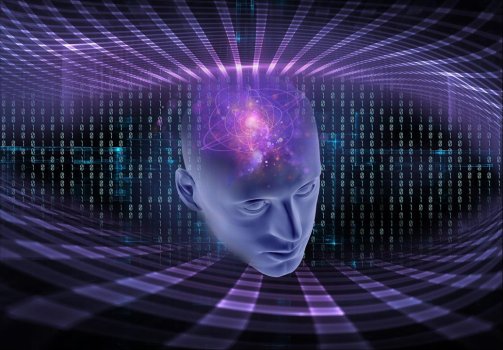Stanford University researcher Andrew Ng describes artificial intelligence as“the new electricity” – a general-purpose technology, reshaping business, and societal landscapes. As AI-related technologies penetrate ever more aspects of society, the management of AI will be a societal challenge as well as a technical one.
Since AI systems are designed by human beings with their own set of biases, when algorithms are applied to social and economic quandaries, they can perpetuate racism, sexism, ableism, and other harmful forms of discrimination.
When flawed AI is substituted for human decision-making, algorithmic biases manifest as algorithmic harms, especially for marginalized communities, when it comes to health care and economic opportunity.
Gender biases in the use of AI
AI technologies reflect human decision-making and limitations, learning from both human merits and flaws. While a machine's ability to process and analyze large volumes of data may address our finite capability to do so, if that data is burdened with stereotypical concepts of gender, the results will perpetuate this bias.
So if artificial intelligence is based on data that is androcentric or datasets with more male profiles than women's, the results could isolate women.
Continue reading: https://menafn.com/1102793349/Toward-an-inclusive-AI-future-for-women
Since AI systems are designed by human beings with their own set of biases, when algorithms are applied to social and economic quandaries, they can perpetuate racism, sexism, ableism, and other harmful forms of discrimination.
When flawed AI is substituted for human decision-making, algorithmic biases manifest as algorithmic harms, especially for marginalized communities, when it comes to health care and economic opportunity.
Gender biases in the use of AI
AI technologies reflect human decision-making and limitations, learning from both human merits and flaws. While a machine's ability to process and analyze large volumes of data may address our finite capability to do so, if that data is burdened with stereotypical concepts of gender, the results will perpetuate this bias.
So if artificial intelligence is based on data that is androcentric or datasets with more male profiles than women's, the results could isolate women.
Continue reading: https://menafn.com/1102793349/Toward-an-inclusive-AI-future-for-women

